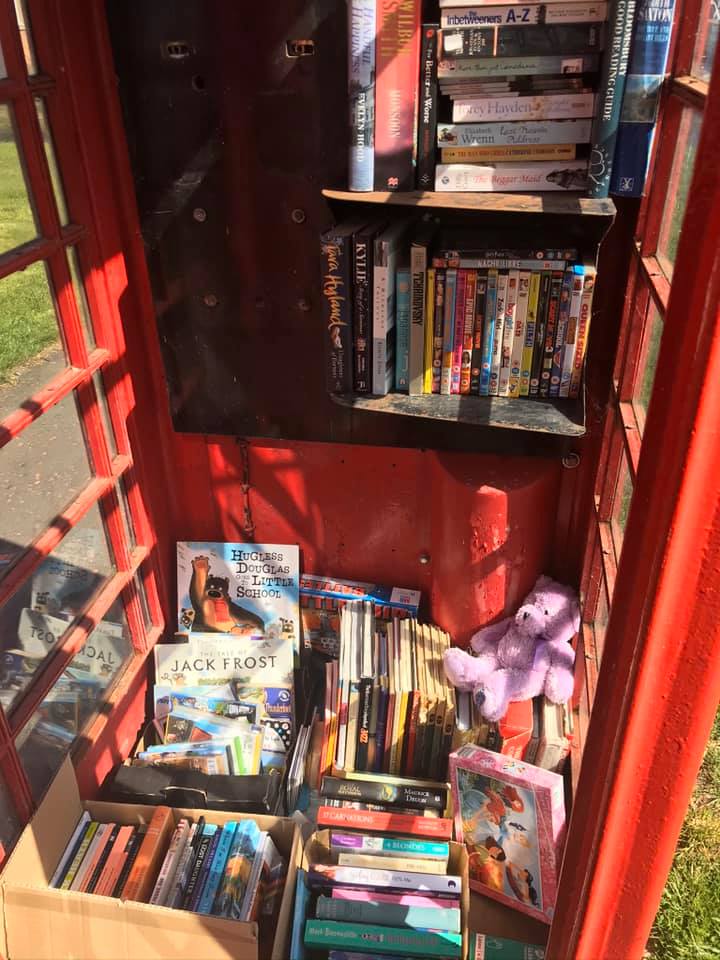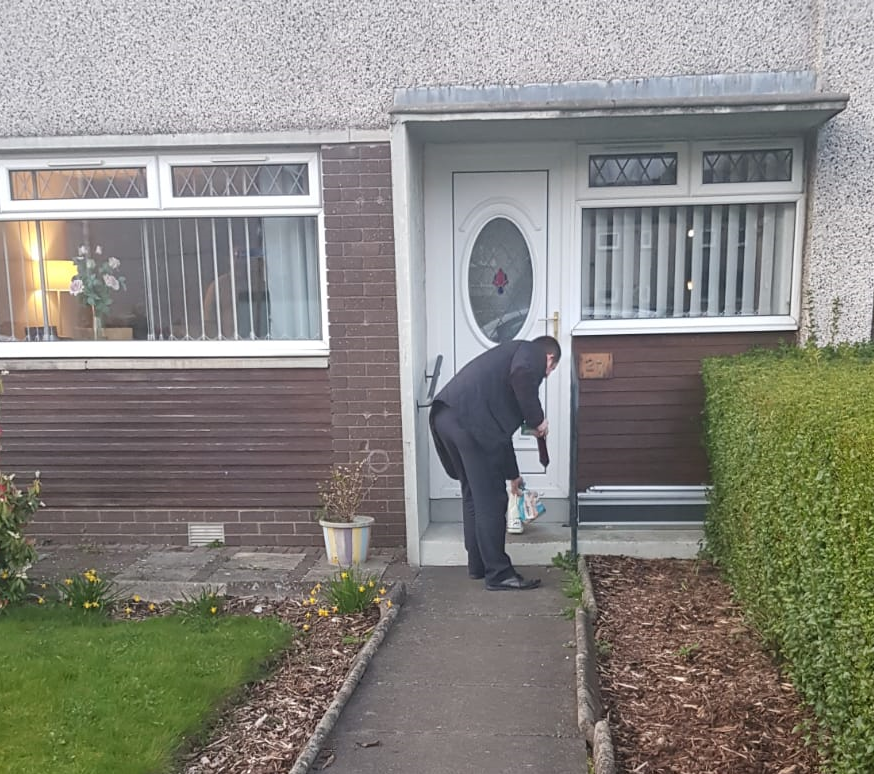Lots of groups and people across the country have been stepping up and doing what they can to make life easier for other people in their communities during the past few months, and it looks as if this is going to continue for some time to come.
In many ways this is an increase of what community groups and small support providers have always done. Community-based and community-led services and activities keep people well, let them catch up with other people, do the things they enjoy and find new interests. It runs alongside other social care for some people and helps other people manage in the ways they want for longer with fewer formal services. All of it enables people to have more choices and to have a good life.
Early in 2020, Outside the Box and some people providing social care or peer support started looking at how community groups and care providers could use the principles in Scotland’s Health and Social Care Standards to show that they are also doing a good job. The standards are the way that formal care services are regulated and assessed, and they do not apply to services that do not fit the regulations. But the principles that underpin them are ones that most people agree with. We wanted to see how a checklist based on the principles can show that services that are not regulated are also giving good support to people.
More people are now interested in this, as so many community groups become part of how we all respond to Covid19 and support people who are at home. So we made this work on a voluntary pledge part of our Committed to Good Support project, which is supported by the Scottish Government’s Supporting Communities Fund.
We are exploring:
- What the principles mean for different types of community groups and small services
- What sort of training and other supports will help people take this on now, as part of your Covid response
- What you will need in the longer-term
- How community groups and small providers can work together to give good quality support
- What helps the public and partners such as staff working in the public sector and registered care providers understand the quality in community services.
From this, we can come up with an approach that lots of people can use in their Covid response and in the future. The team at Scottish Government, Care Inspectorate and other teams are supporting this, will help if needed and are looking forward to learning from our growing doing-it-for-real pilot.
You can use the principles, guide and the checklist to help you plan and develop what you are doing. You will find more information and other resources on the project page.
It will be great if you tell us how you get on. What can we do to improve it? How is it helping you in what you do? by contacting Christine.


